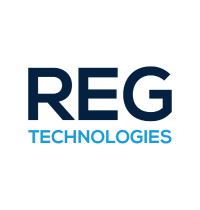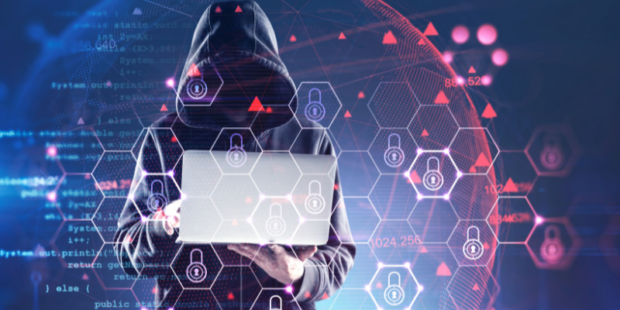Remote wiping software is a software that enables administrators and IT teams to remotely wipe all data from a company device that has been reported lost or stolen. This adds peace of mind to business owners and security teams alike, but it’s important to stress here that the company information must be on a company-owned device. A personal device cannot be remotely wiped due to privacy infringements. With remote wiping software also comes device tracking and inventory, making it easier for businesses to keep track of equipment in a hybrid environment.
Keeping data secure in a hybrid world requires more than one approach. A great place to start is to only allow company-owned devices to connect to the business network. Employees should be prevented from installing software that has not been approved on company computers.
Business owners have to know what data is stored, where it’s located, and every person that has access to it. By putting some simple measures into place, you can achieve a significant increase in protection. It’s important to involve employees to ensure security measures are met and to enjoy data safety, regardless of where people are working.













